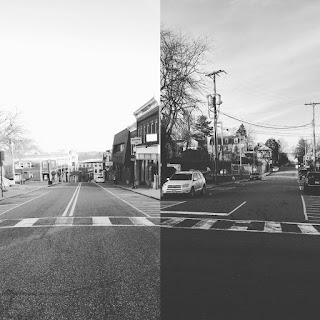Hearing - Exploring Your Writing Through Your Senses

Artists use their senses. Everything is a playground for the muse. The way the light hits water can lead to a brilliant piece of art or an interesting story. A friend and I discussed the insanity of our senses. How we can be over-stimulated, fractured by the sounds, the shapes, and the colors surrounding us. We are in a state of wonder about this heightened awareness and where we take it. As I write I am listenig to Irish music on a public radio station. Outside my closed door, I can hear the fan as it oscillates in my living room. Out of this mass of sound, one thing can catch my ear. It could be the sound of a baby crying or the distant wail of a fire truck. As a child, I could hear fog horns of the East River. I knew from stories my mother told me that the river was a dangerous place. The sound made me think of a lone ship lost on the water searching for its way out of the darkness. Many years later that sound still haunts me. What do we hear? Angels singing while listening to ...






